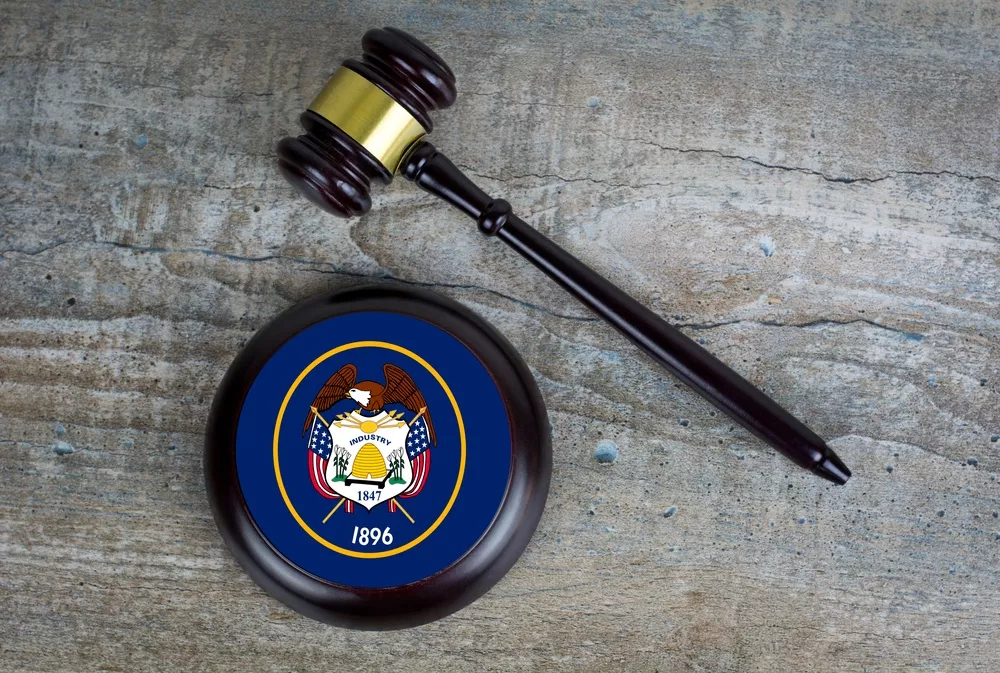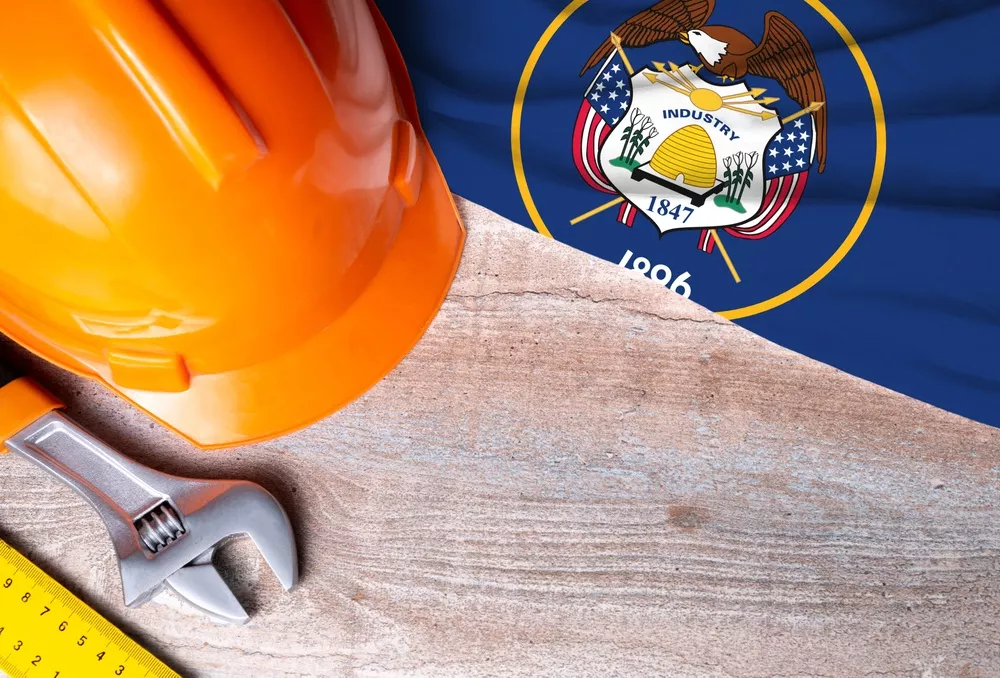Utah Work Break Laws: What You Need to Know
Utah Work Break Laws: What You Need to Know
Ensuring compliance with work break laws is crucial for maintaining a productive and legally sound workplace. In Utah, understanding the intricacies of work break regulations can be particularly important for both employers and employees. These laws not only safeguard the well-being of workers but also help employers foster a healthy and efficient work environment.
Moreover, compliance with state-specific labor laws can prevent costly legal disputes and enhance a company’s reputation as a fair and responsible employer. This article aims to provide a guide to these regulations, helping employers create compliant and supportive workplaces.

4 Important Utah Work Break Laws to Know
Understanding work break laws in Utah is essential for both employers and employees to ensure compliance and foster a productive work environment. While the federal Fair Labor Standards Act (FLSA) sets the groundwork for labor regulations, individual states, including Utah, may have additional laws and guidelines that must be followed.
1. Meal breaks
In Utah, meal breaks are regulated differently for minors and adults. For minor employees under the age of 18, Utah labor laws require that they be given a meal period of at least 30 minutes if they work more than five hours in a shift. This break must occur no later than the end of the fifth hour of work, ensuring that young workers have adequate time for rest and nourishment during their shifts.
Additionally, these young workers must be provided a 10-minute paid rest break for every three hours worked. This law is designed to ensure that minors are not overworked and have adequate time for rest and nourishment during their shifts.
Utah lunch break laws for adults are less prescriptive. Utah state law does not mandate meal breaks for workers aged 18 and over. However, many employers voluntarily provide meal breaks to boost employee satisfaction and productivity.
When employers choose to offer meal breaks, they typically follow federal guidelines set by the FLSA. Meal breaks for employees lasting 30 minutes or more can be unpaid, provided that they are completely relieved of all work duties during this time.
2. Rest breaks
Rest breaks in Utah are subject to specific regulations, particularly for minor employees. Utah employee break laws require those under the age of 18 to be given a 10-minute paid rest break for every three hours worked. Furthermore, minors cannot work more than three consecutive hours without a rest break.
These regulations help protect the health of younger workers and ensure they have sufficient time to rest during their shifts.

Utah state law on breaks does not mandate rest breaks for adult employees. However, it is common practice for employers to provide short rest breaks to improve employee productivity and wellness. According to federal law, any breaks shorter than 20 minutes must be compensated as paid work time.
Employers in Utah often choose to implement rest breaks as part of their company policies, even though Utah break labor law does not require it for adults. These breaks can play a crucial role in preventing fatigue, reducing stress, and maintaining high levels of productivity. Clear communication of rest break policies and adherence to both state and federal guidelines can help employers create a supportive and compliant workplace.
3. Breastfeeding breaks
Under federal law, specifically the Fair Labor Standards Act (FLSA), employers in Utah must provide adequate break time for nonexempt employees to express breast milk for up to one year after the birth of a child. These breaks must be provided each time the employee needs to express milk. must provide adequate break time for nonexempt employees
Employers are also required to provide a private area, distinct from a bathroom, where employees can express breast milk. This space should be shielded from view and free from intrusion by coworkers and the public.
While Utah state law does not have additional requirements beyond the FLSA regarding breastfeeding breaks, compliance with federal law is mandatory. Employers are encouraged to be supportive and accommodating to ensure nursing mothers have the time and space necessary to express milk. This practice also promotes a supportive and inclusive work environment.
4. Exceptions and special provisions
While the general guidelines for meal and rest breaks apply broadly, there are specific exceptions and provisions based on the nature of the job or the industry.
For example, certain professions, such as emergency personnel or positions that require continuous operation, might have different break schedules to ensure operational efficiency and safety. These jobs typically require employees to be on call even during their breaks, which would mean these breaks must be compensated.
Moreover, Utah labor laws make provisions for specific circumstances where breaks might not be feasible. For instance, in industries where continuous production is necessary, such as manufacturing or food processing, breaks may be staggered or adjusted to meet operational demands while still adhering to legal requirements.

Employers in these industries must ensure that any deviations from standard break practices are documented and compliant with both state and federal regulations.
Another important consideration is for minor employees. As previously mentioned, minors have stricter break requirements, and employers must ensure compliance to avoid legal repercussions. This requirement includes ensuring that minors do not work more than three consecutive hours without a rest break and that they receive a 30-minute meal break if they work more than five hours in a shift.
Utah Work Break Law Compliance: Best Practices for Employers
Ensuring compliance with Utah break laws for employees is essential for maintaining a lawful and supportive workplace environment. Employers must diligently understand both federal and state regulations to avoid potential legal issues and promote employee well-being. Here are some best practices to help employers stay compliant and create a positive work culture.
1. Implement clear policies
Creating clear, written break policies is essential to ensure all employees are aware of their rights and responsibilities. These policies should be documented in employee handbooks and covered during onboarding. Make sure to outline the specifics of meal and rest breaks, including any provisions for minors and nursing mothers.
Additionally, regular training sessions for management and HR personnel can help reinforce these policies and ensure consistent application across the organization. It is also vital to keep abreast of any changes in Utah labor laws and update policies accordingly.
2. Monitor and document breaks
Employers should implement systems to monitor and document breaks accurately. Timekeeping systems can help track when employees take their breaks and ensure compliance with state and federal regulations. Proper documentation can also provide evidence of compliance in case of any disputes or audits.
Regular audits of time records can help identify and correct any inconsistencies or non-compliance issues promptly. This proactive approach also fosters trust and transparency within the workforce.
3. Foster a supportive environment
Beyond legal compliance, fostering a supportive work environment is key to employee satisfaction and productivity. Encouraging employees to take their allotted breaks can prevent burnout and improve overall efficiency. Managers should lead by example, taking their breaks and respecting the break times of their team members.

Creating a culture that values work-life balance and employee health can significantly enhance workplace morale. Providing comfortable break areas and accommodating specific needs, such as those of nursing mothers, further contributes to a positive work environment.
4. Seek professional guidance
When in doubt, seeking guidance from legal professionals or labor attorneys can be invaluable. They can provide insights specific to your industry and help navigate complex situations, ensuring that your company remains compliant with all applicable labor laws.
Creating a Compliant and Supportive Work Environment
Although straightforward, these regulations help protect the rights and well-being of employees. For employers, knowledge of these laws helps prevent potential legal issues and fosters a culture of respect and productivity.
Partnering with experienced professionals is crucial for businesses aiming to improve their hiring processes and ensure compliance with labor laws. Recruiting Connection is a reputable recruiting agency in Salt Lake City that can assist you in finding top talent who will help you navigate complex hiring regulations.
Whether you’re seeking a reliable HR staffing agency or looking to streamline your recruitment efforts, we offer tailored solutions to fit your business needs. Contact us today!

Struggling to find top
talent for your business?
Connect with the expertes at Recruiting Connection and discover the difference our full-service recruitment can make.
Contact Us Today
















